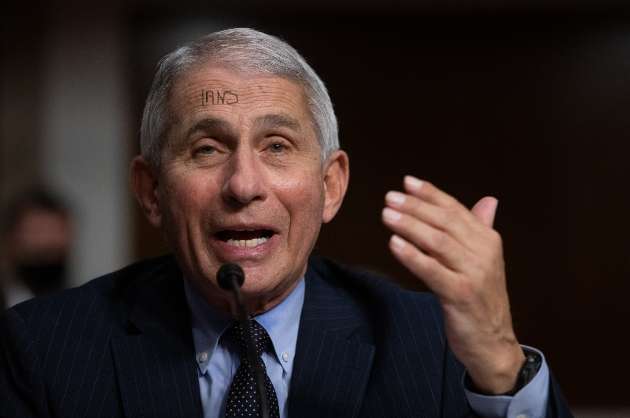New York, July 17: The monkeypox case is likely undercounted, said top US infectious disease expert Dr. Anthony Fauci, emphasising the need to take the disease more seriously.
The US Centers for Disease Control and Prevention (CDC) has tracked at least 1,814 probable or confirmed cases, while more than 6,000 cases of monkeypox and three deaths have been reported from across 60 countries since the beginning of the year, as per the World Health Organization (WHO).
However, the numbers are "very likely an undercount", Fauci was quoted as saying to CNN.
"This is something we definitely need to take seriously. We don't know the scope and the potential of it yet, but we have to act like it will have the capability of spreading much more widely than it's spreading right now.
"Whenever you have the emergence of something like this, you are always probably looking at what might be — might be, we don't know — the tip of the iceberg, so that's the reason why we've got to get the testing out there in a much, much more vigorous way".
Monkeypox is a poxvirus, related to smallpox and cowpox. The virus generally causes pimple or blister-like lesions and flu-like symptoms such as fever, the CDC explained.
The lesions typically concentrate on the arms and legs, but in the latest outbreak, they're showing up more frequently on the genital and perianal area, which has raised some concerns that monkeypox lesions may be confused with sexually transmitted disease.
The virus spreads through close contact — including direct physical contact with lesions as well as "respiratory secretions" shared through face-to-face interaction. Touching objects that have been contaminated by monkeypox lesions or fluids may also risk the spread.
And although monkeypox is not a sexually transmitted disease, it has mostly been spreading among men who have sex with men.
Fauci said more testing will be done with five commercial testing laboratories coming online, and he expects up to 700,000 vaccines will be distributed to communities by the end of July, the report said.
"Because you want to protect the people at risk, not only the people who might have had an exposure that they know of, but also people, by the virtue of the fact that they're in a risk situation, that they need to get vaccinated," he noted.
IANS




























